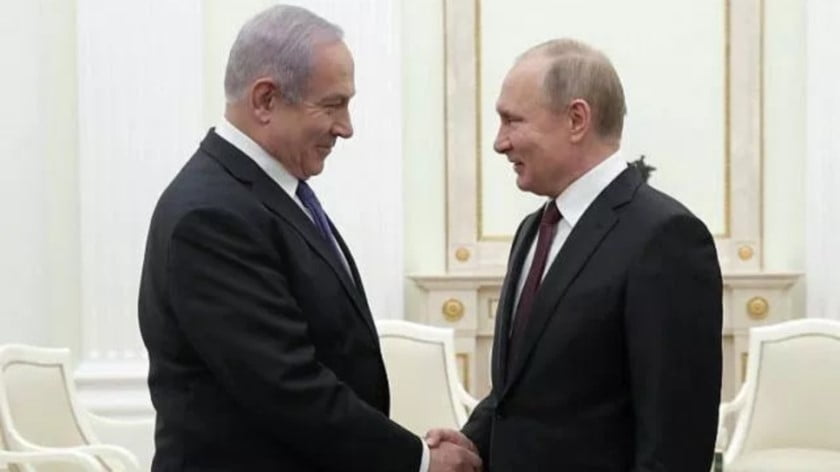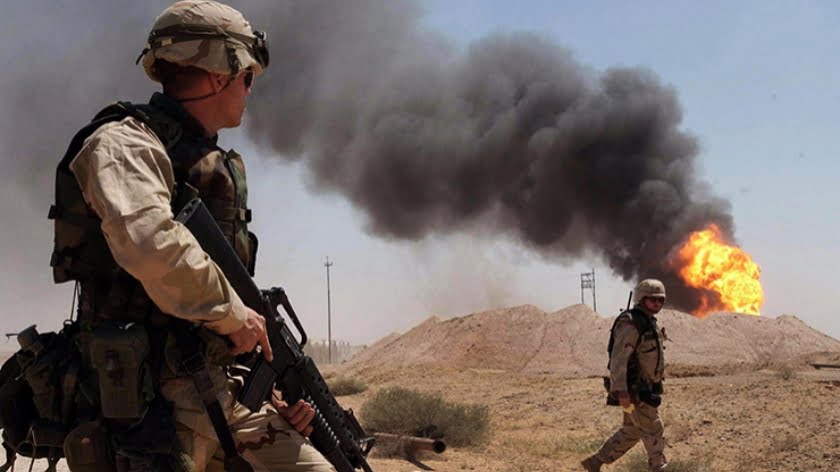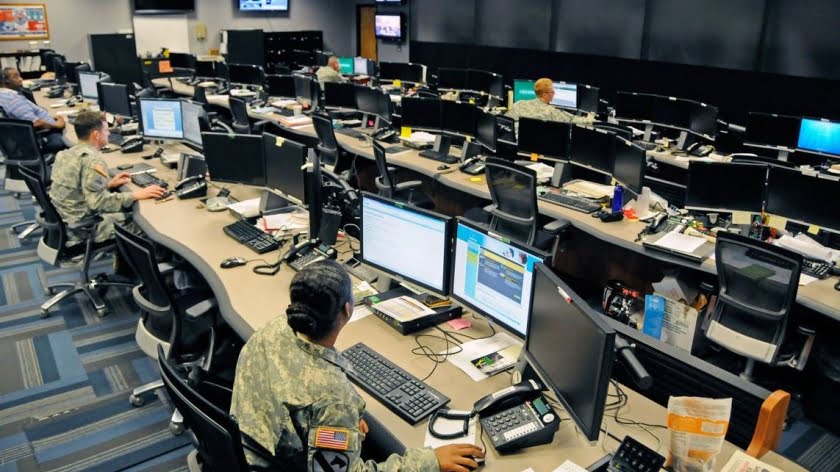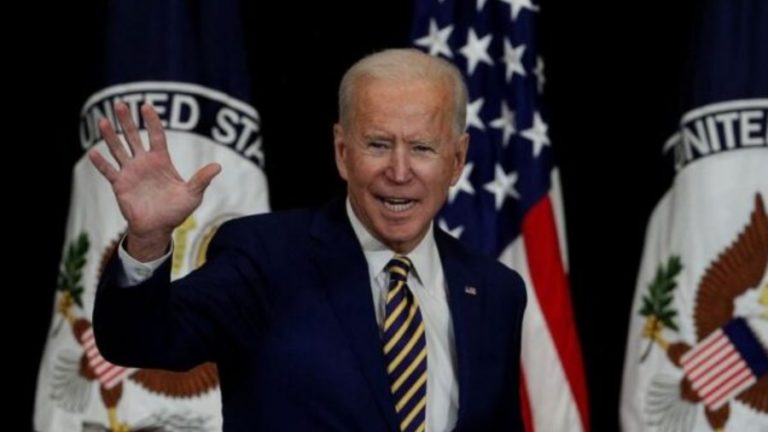Yemen Ceasefire Between Houthis and Saudi-Backed Forces Takes New Turn
A breakaway faction from the Saudi-backed forces, supported by the UAE, is threatening to push the Saudi Crown prince out of the picture altogether. It wants independence for the South and to end the five-year war with the Saudis. But this might start an entirely new war in Yemen.
It was a war which was only supposed to last a “couple of weeks” according to sources close to the impetuous Saudi Crown Prince, Mohamed bin Salman, who, in 2015 took the decision as defence minister to send troops to Yemen and start a bombing campaign against the northern “capital” of Sanaa.
In the early days, there was much confidence that a Houthi uprising in the North could be quashed and the Saudi-backed government in Aden could be given back the full control of the country and this new “capital” of Sanaa, created by Houthis, who, to some extent were backed militarily by Iran. A coalition led by Saudi Arabia was formed which involved big partners like the UAE and even countries as far away in the Arab world like Morocco. America also lent its in-flight refuelling operations so that US-made F16s could continue without interruption their sorties.
But on the 26th of April, “separatists” which are backed by the UAE and who clashed with the Saudi-backed government in Aden, declared that they were about to go ahead with a “self-rule” plan, which, in essence, meant they were taking full control of Aden, the capital of Yemen proper with the port seen as their jewel in the crown.
The split between the separatists (Southern Transitional Council – STC) and the incumbent government in Aden, or more importantly the UAE and the Saudis, came in August 2019 which climaxed with the STC making a bold bid to militarily take over both Aden and most of the government-held territory of the south. Analysts at the time warned of trouble as the separatists believe that the best solution to end the war in Yemen is to divide the country into former territories pre-1990 of a country in two halves – a north and a south.
Of course, this notion is a direct affront to everything the Saudis stand for and would be seen as a mockery of their intervention – which was largely what Riyadh believed was about crushing a Shia/Iranian uprising in the North, which would still be more or less intact, if the separatists have their way.
The timing of the decision by the STC to make this declaration is interesting though. Barely a couple of weeks after MBS decided to go along with a UN proposal – a ceasefire with the Houthis due to the unique circumstances of the coronavirus – and his move has been trumped by the STC, which many analysts would argue have a better chance of securing a peace deal with the Houthis than Riyadh.
But now some are going further and talking of a new war breaking out between the Saudi-backed Hadi government forces and those of the UAE-backed STC separatists. Such a scenario, which may seem hard to imagine, given that both these Gulf countries are in the GCC and are seen to be aligned on many global issues, throws a spotlight once again on this tumultuous relationship between Riyadh and Abu Dhabi.
Perhaps even more poignantly it also casts more doubts on MBS as a Crown Prince and king-in-waiting in Riyadh as the Yemen war has only ever been a rod for his own back in terms of credibility from his own peers. If peace is to come to Yemen, something dramatic has to happen to steer MBS away from resuming the war, but which saves his face. Perhaps the thinking of Mohammed bin Zayed Al Nahyan in Abu Dhabi is that an initiative by the separatists will fit the bill, although it is widely known that the UAE leader wants to work with Russia in the south to allow Putin to develop military sea ports in Aden and in other locations along the coastline of the Gulf of Aden. Such a move is not possible during a war, naturally.
And of course, any such move would boost Russia and the UAE’s hegemony while compromising Riyadh’s in the region. With the coronavirus hitting the UAE quite badly (in fact it is the worst affected country in the entire region, financially speaking), such an alliance with Russia would be a good move for MbZ, who no doubt will double down his efforts in Libya also, where Putin also has fighters on the same side as the UAE-backed Haftar.
And so there is more to the move of the STC to declare independence, than merely meets the eye. What we are witnessing is a direct challenge to the authority and credibility of the Saudi Crown Prince who is being politely told by Abu Dhabi to “get out of Yemen, while you have a chance to save face”.
The dramatic move by the UAE raises a number of worries for the once infallible relations it kept with Saudi Arabia. To demonstrate to the entire region that MBS has made a real mess of Yemen, with his obsession with the Houthis, will seriously damage relations between the UAE and Saudi Arabia. It will also drive a point home to western analysts that, in reality, the most powerful leader in the GCC is in fact MbZ and not his capricious Saudi friend in Riyadh.
The UAE though will have its own problems in Yemen. It’s hard to see how after losing a 40bn dollar a year revenue from tourism back home is not going to affect its regional hegemony ambitions both in Yemen and Libya. Wars, even those which are proxy ones, are expensive and perhaps this is the mindset of MbZ to get out of Yemen, which is supposed to have cost the Saudis at least 100 bn dollars until now. It’s unclear how much the UAE put aside to support the southern separatists, but if they are serious to stay with them in the long run, then a big part of aid will be with military hardware.
Abu Dhabi of course views the Houthis in a slightly different prism. The UAE has less passionate views about Russia and Iran and their allies in the region, as not only did the UAE give emergency aid recently to Iran, but its companies were also sanctioned by Trump for doing business there. And so the division of Yemen, along old lines from the 1970s which places the UAE and, presumably, Russia in the South and the Saudis in the North will be seen as a hellfire missile sent from Abu Dhabi to Riyadh, as since those days, the Shia-based Houthis have dominated the North – and so will leave the Saudis lost in no man’s land. Of course, they might insist on digging in in the south with forces in the government loyal to them, which will include terrorist organisations whose jihadists fought alongside regular army units against the Houthis. But then that would mean a new war being a distinct reality to seize control of the south as a single entity and this could well push the Emirates to ask Putin to help. A geographical split in the south looks likely in this scenario and it may well be that the Houthis in the North might even help Russia and the UAE, who they are closer to ideologically anyway. No scenarios look good for MBS who will never pull the plug on his support for President Hadi in exile in Riyadh and his wretched government in Aden whose officials abandoned him in recent years to support the STC. All that MBS achieved in his “two-week war” in Yemen is dividing the country which is the very basis now of his humiliation leaving a very real risk of the GCC itself being broken up, if an entirely new war now emerges from the ashes of the one which has continued for 5 years and claimed 100,000 lives.
By Martin Jay
Source: Strategic Culture







